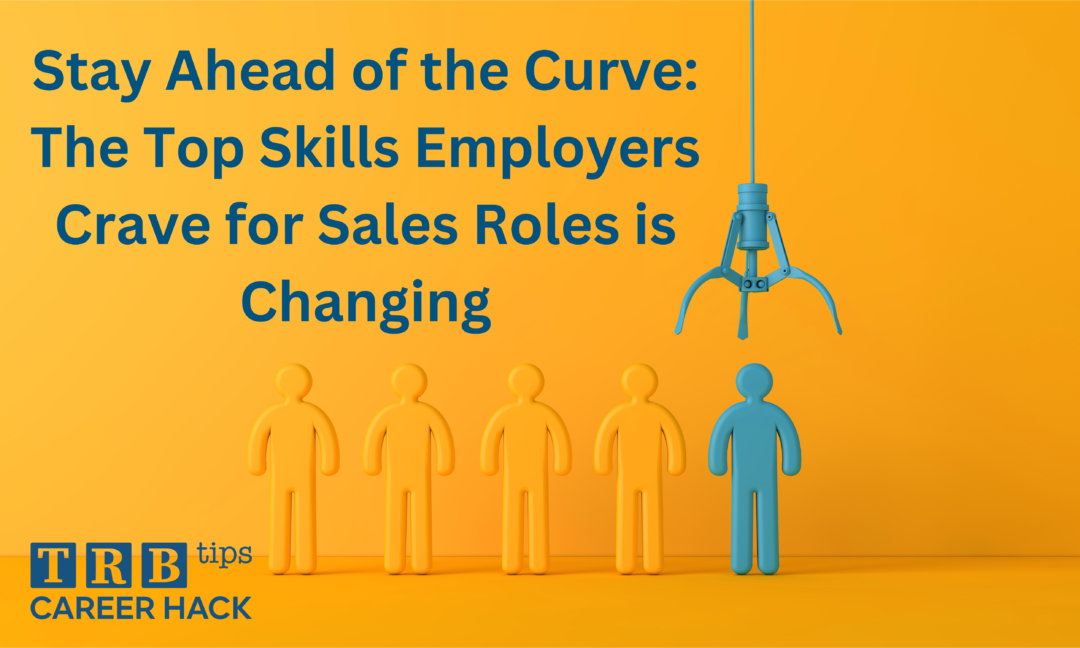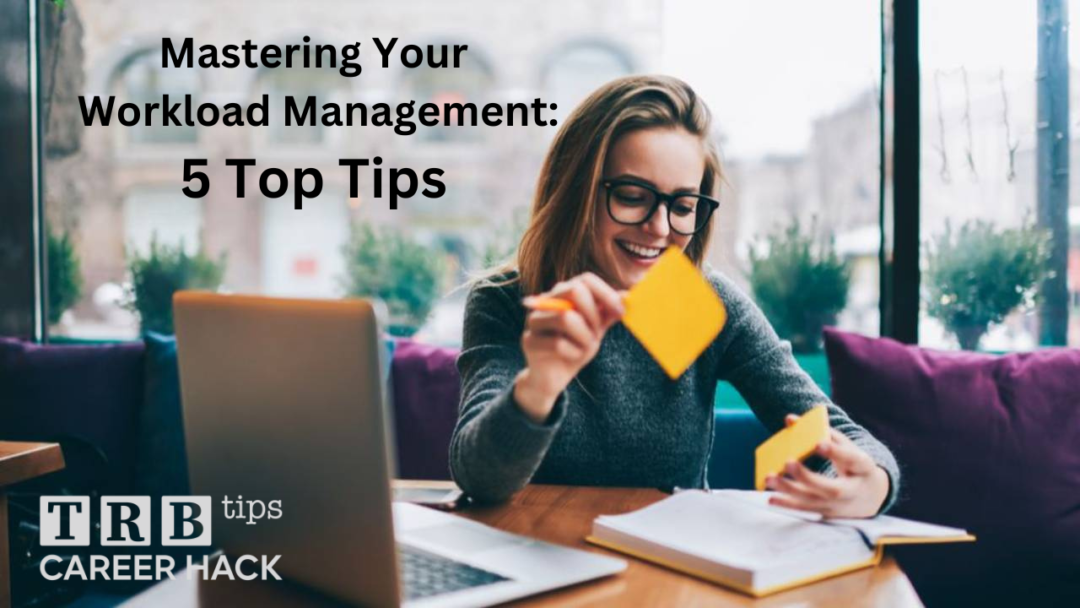8 Top Tips for Preparing for an Interview
An often overlooked responsibility of a Recruitment Agency is ensuring candidates are in a position to demonstrate their experience, skillset and suitability at every interview. Getting across suitability and the skills required for a particular role may seem obvious but there is no obvious reason why candidates for roles outside of HR and Talent Acquisition should be experts in this field. So here are my top 8 tips to candidates preparing for an interview.
1.Tailor your CV to the role
It is very unlikely that one CV is going to be the most impactful for different roles. No two roles are identical and for that reason neither should CVs. It’s important to go through every line of the job description being advertised to understand what is being looked for and then adapt your CV to include previous experience and training that demonstrates you have the specific skills required.
2. Do your research
Get as full an understanding about the company that is going to interview you as possible. As well as the obvious look at the organisation’s website, do a more in depth search into social media and news stories. Is the person who is going to interview you on LinkedIn? If so, you can often get a better understanding of the person from his posts and likes. Has the business been in the news or published articles? Once you have got a better understanding of the business tie what you have discovered to your experiences and both include them in your CV and also, where appropriate, get them across in the interview.
3. Preparing for the Interview
At the most basic level you should think of examples of where you have carried out similar roles and responsibilities that are listed in the job description and get them across in the interview. The most impactful way to get your suitability for the role across is by using specific examples, with statistics to demonstrate this. Talking in general terms is not enough – nothing will give you more credibility than talking about actual events and experiences within your career, with statistics that matches what they are looking for.
4. Where have you previously “Made an Impact”
Talking about your relevant previous experiences is vital but you can make it even more compelling if you can demonstrate where, through your own or shared endeavours, you have personally made an impact within an organisation. Whatever the role and at whatever level try to give examples of where you have made a difference that was relevant to the position. Examples could be around efficiency, productivity, customer growth or retention, customer satisfaction or improving something else within the workspace.
5. Competency Based Interviews
Competency based interviews are designed to help a recruiter understand more about you and how well your experience and skills meet the requirements of the role you have applied for. All the preparation listed above will help enable you to answer the questions as well as possible. Competency based questions are usually preprepared and often a selection of the same questions will be asked to all candidates for that role. A score will be applied to your answer for each question enabling the interviewer to compare candidates in a numerical and unbiased way. They are designed to better understand your skills, behaviour and work history specifically in relation to both the job and equally important the workplace. Competency based questions tend to be open-ended and they will not necessarily have one right or wrong answers and they are most often asking for examples of how you handled specific work experiences. In answering these questions thoroughly, you will be able to demonstrate the competences they are looking for. Using the STAR method is the best way to respond to these questions. There are four stages to responding to these questions. Situation, Task, Action and Result. Which enables you to give a complete answer to the question.
6. Answer the questions asked
Having prepared all of the above, it is unlikely that it will be possible to include everything you have prepared in the interview. It is key that you answer the specific questions asked and not just say what you think you want them to hear. There is nothing more frustrating for an interviewer to ask a question and get a response that is completely unrelated. If you haven’t prepared a specific example to a question, there is nothing wrong with asking for a minute to think of the most relevant example from your previous roles.
7. When they ask “Do you have any questions?”
The answer to this question is a resounding yes!
- This is the chance to get something across that you believe, in your previous roles, is relevant that you have not been asked about – “In a previous role I was responsible for xxxxxxx, would this be something that was relevant to this role?” “I noticed on your website that you talk about xxxxxxx, would my experience in this area be useful for this role?”
- If you think you didn’t answer an earlier question particularly well and really think it is important that you address this, then this is an opportunity to address/correct this. “I don’t think I answered one of your questions as well as I could have and wanted to mention….
- You can also ask about next steps in the interview process if this has not been covered.
I have chosen to not include the “Do you have any reservations about me as a suitable candidate?”. Though this can be extremely useful in addressing concerns, I think it needs to be treated with some caution. I think there are both roles where the reservation question is more appropriate than others and indeed there are interviewers where this question is more appropriate than with others and for that reason I would leave it to the candidates discretion.
8. Practice, Practice, Practice
Once you have identified the key skills and potential questions that might be asked, think about how you will best respond and tie your experience into responding to them. Practicing your responses can help you to reduce stress during the actual interview, and you will be better prepared to focus on connecting with your interviewer rather than struggling to come up with answers. The more familiar you are with the potential subjects covered in an interview, the better prepared you will be for the interview.
Summary
It is important to remember that job interviews can take all sorts of formats, and you are unlikely to use all the information you have prepared, however by adopting these top 8 tips it will give you the ability and confidence to demonstrate how you match what they are looking for. Good Luck!



